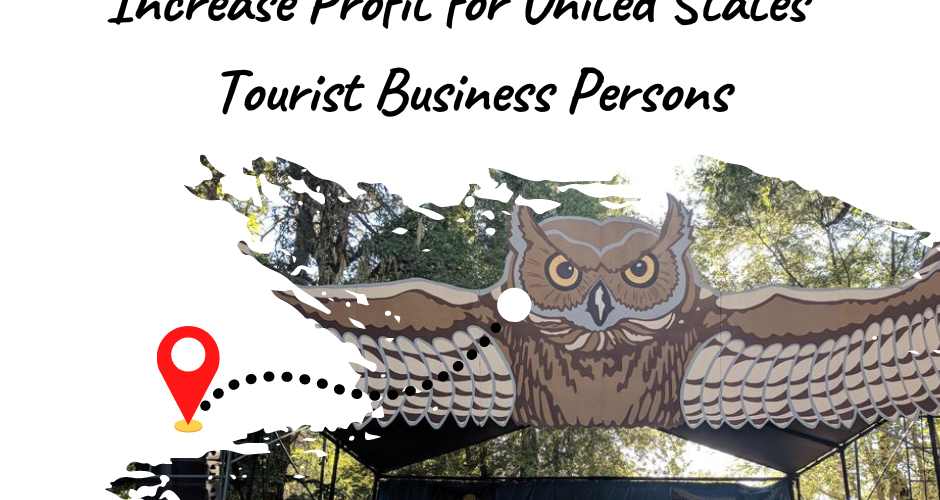The Kate Wolf Music Festival at the Black Oak Ranch in Laytonville, which was last hosted in 2019, has been rescheduled until June 2022, since the coronavirus pandemic remains unknown.
The event will have more shade than ever before this year. We’re providing shade for the main meadow in front of the main stage. We’ve taken a special effort to ensure that it doesn’t block anyone’s vision. The same fantastic seating area is only shaded.
The Kate Wolf Music Festival began in 1996 as a one-day Retrospective at Caswell Vineyards in western Sonoma County, near the town of Occidental. The family relocated to Black Oak Ranch, just north of Laytonville, in 2001. Our 25th anniversary will be in 2020.
The annual Kate Wolf Music Festival is a fantastic location to unwind and spend the weekend with friends, family, and music fans. The Mendocino home of the Hog Farm and Camp Winnarainbow-a circus camp for kids-Black Oak Ranch is three hours north of San Francisco and two hours south of Arcata.
Table of Contents
How does Kate Wolf Music Festival Brings Profit?
Ticket Sales
Ticket sales are an important source of revenue for music festivals, and there are several ways to effectively price tickets and encourage consumers to buy them. Festival tickets can be priced in a variety of ways.
Cost-based ticket pricing
The most basic method of ticket pricing is cost-based. The festival calculates the overall cost of putting on the festival, including any profit margin desired, and divides that figure by the number of expected guests.
The benefits of this strategy are that it streamlines the procedure and needs less investigation. On the other hand, failing to investigate what rivals charge might be dangerous. It also does not allow for last-minute expenses.
Ticket prices dependent on competitors
Competitor-based ticket pricing differs from cost-based pricing. The cost of festival tickets is determined by the amount of competition in the surrounding area.
When a festival initially begins, competitor-based pricing may be a technique to examine. It would be difficult to compete just on reputation, thus the price of entrance is reflected in the ticket price.
Value-based ticket pricing
This method determines the price strategy by doing market research on a target audience. This entails determining how much the target audience is willing to pay for the festival.
Festivals will strategize their ticket sales in a variety of ways. One of the most typical methods is to provide tickets in tiers, releasing batches in levels. Typically, cheaper tickets are sold extremely early on, possibly immediately following the preceding event.
The event is open with the understanding that the price will rise after a certain period or after certain tickets have been sold. People are more likely to buy tickets if they are released in batches.
Sponsorship
Sponsorship is a great option for festivals to boost their revenue and provide more value to their guests.
Festivals frequently employ existing assets for sponsorship, such as giant TV screens, fence coverings, or even the neck lanyards used by personnel.
Festivals typically prefer sponsorship since it relieves them of the obligation to deliver anything in advance.
The sponsor gets engaged because they believe their brand or marketing will benefit from the exposure provided by the festival. In this regard, festival sponsoring may be a very successful enterprise.
However, if the event is new, it may be difficult to get funding. In exchange for any arrangement, sponsors expect to pay less and want more.
Advertising (Online and Offline)
Festivals generate revenue through advertising in a variety of ways, and this is frequently a separate channel from sponsorship.
With the majority of their marketing now centered on online platforms like social media and email, there are several chances for would-be sponsors to achieve awareness among the festival audience.
Festivals will explore all of their digital assets and how they may be used to incorporate some advertising for extra revenue.
Sponsored postings on the festival’s Facebook group or Instagram, for example, or a customized email addressed to all ticket holders referencing the advertiser may be examples of digital assets.
Many events now create digital festival guides or booklets. These digital brochures provide another avenue for selling advertising space.
Many markets and target consumers still use offline methods. While it is possible that internet advertising might provide a bigger profit. There are various offline alternatives for advertising space during a festival, such as physically printed pamphlets, lanyards, site maps, tickets, banners on fences (and many more!).
Fees for concessions
Concession fees are those levied on festival food sellers or dealers. These prices might vary greatly depending on the size and renown of the festival.
Festivals that are still in their early stages will be unable to demand exorbitant costs because they cannot ensure a large amount of football for the vendor.
Those festivals that have a long history and draw large crowds will be able to charge extraordinarily high concession fees to all vendors that attend.
Merchandise
Merchandise is a frequent way for festivals to earn money, and it is usually available online before and after the event, as well as at one or more stalls scattered around the festival.
It is frequently divided between event-branded products and reselling stock from any artists for a charge.
When a significant quantity of items such as t-shirts, hoodies, or hats is ordered, the production costs are frequently minimal. Bulk purchasing provides the festival with the potential to enjoy a good profit margin, but it also carries a risk if the item does not sell. Selling items at renowned festivals may generate a lot of revenue.
Conclusion
We’ve all gone to at least one music festival, which has grown dramatically in the last decade. So, as the number of events grows, the Kate Wolf Festival pulls in a lot of money. The majority of the festival’s revenue comes from ticket revenue, sponsors, marketing, concessions fees, and merch. Data that are collected, VIP sections, Free wifi, mobile phone charging, and chillout spaces all provide additional money. So these are among the techniques Kate Wolf Festivals earns income.




